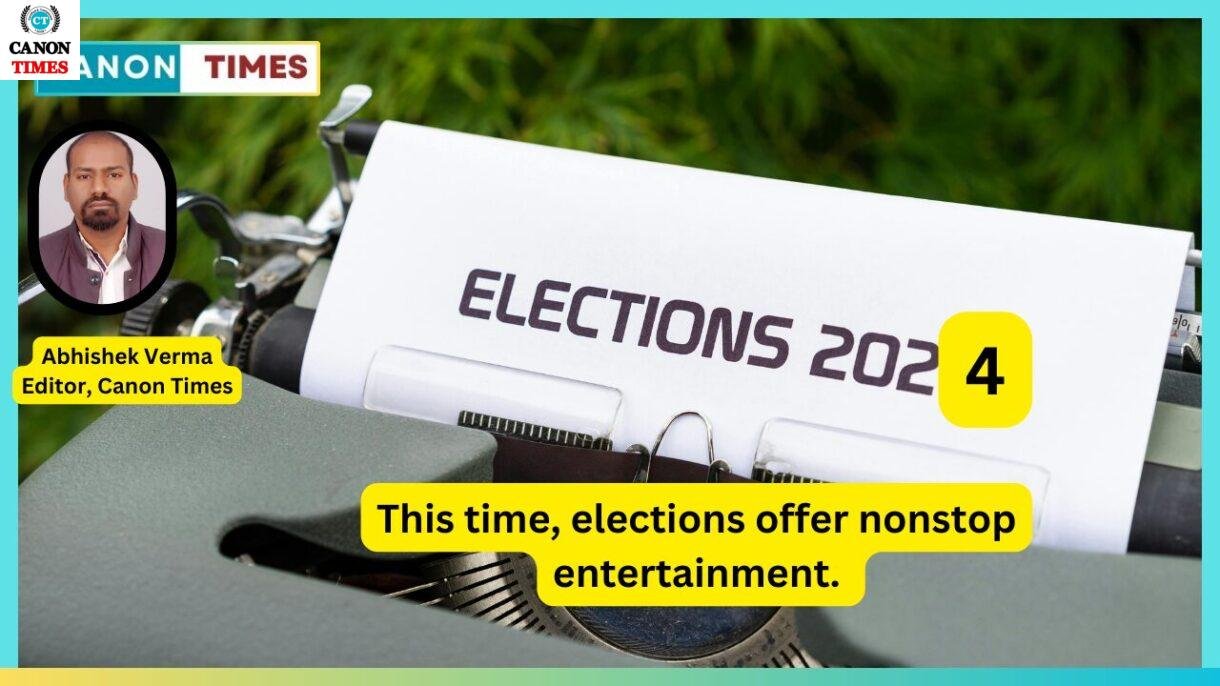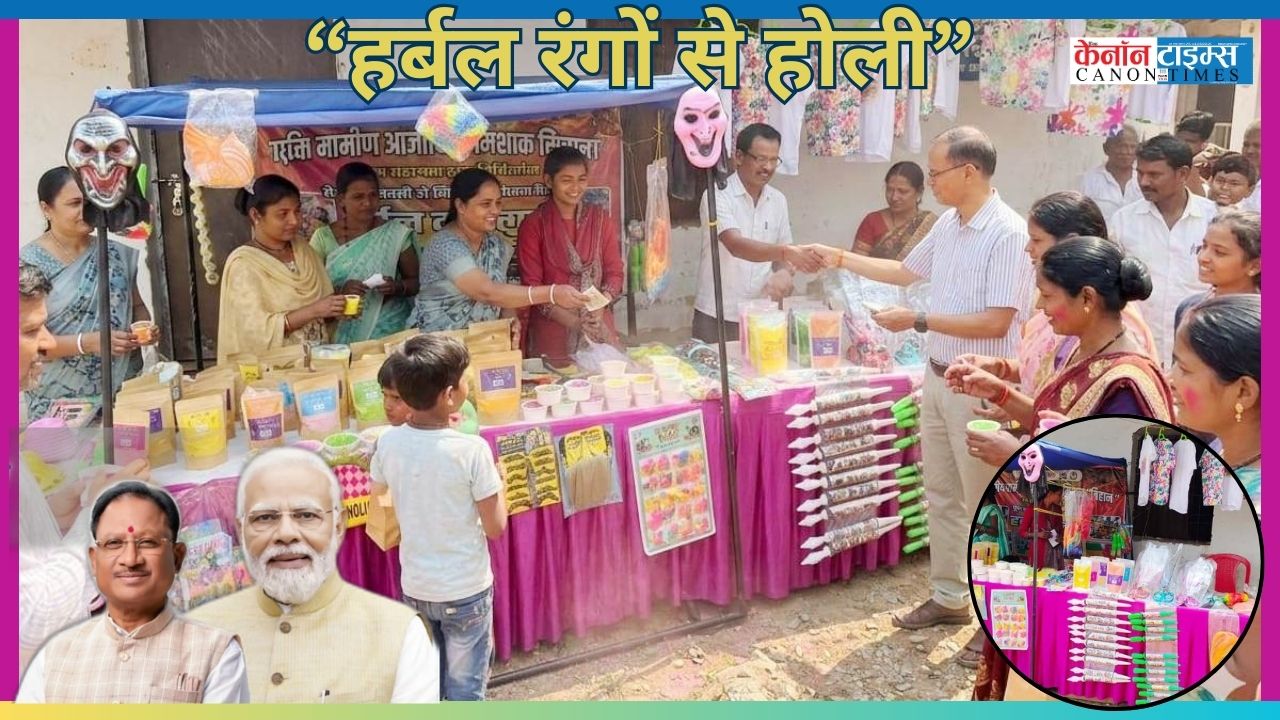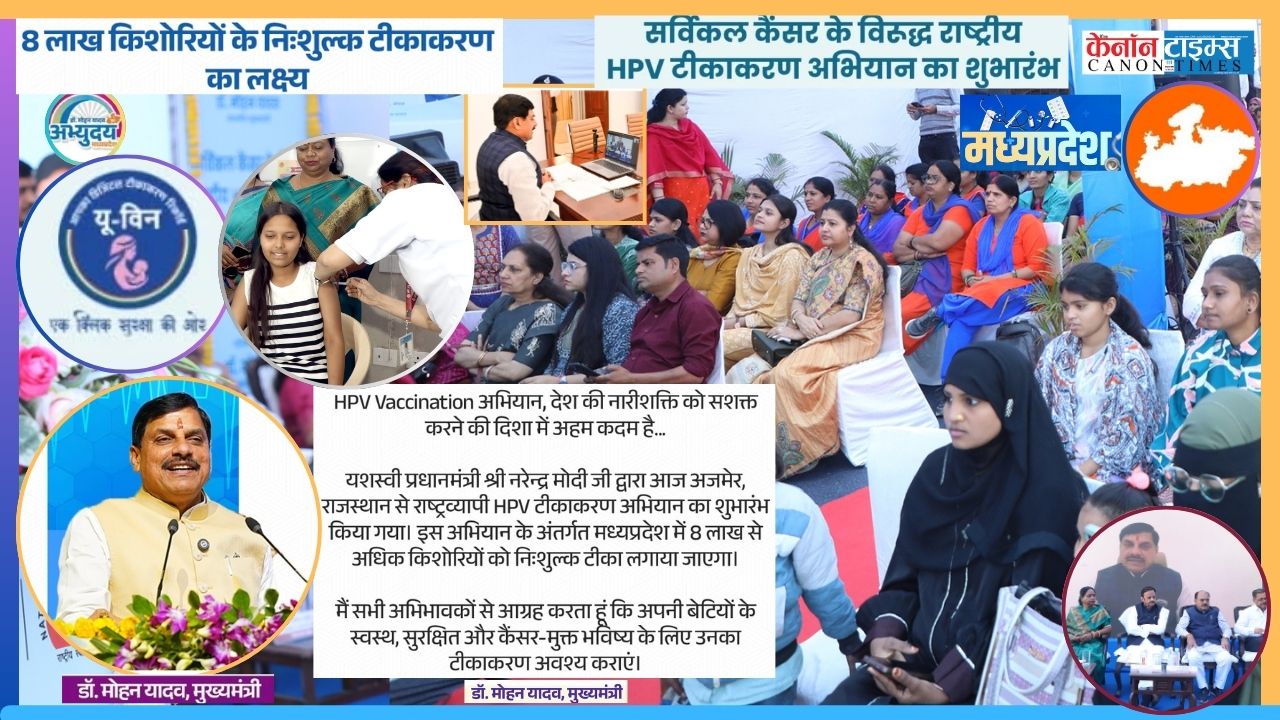elections: The BJP is a contemporary party in many aspects. Electioneering has developed into a science with a very strong feedback system.
With outrageous claims made, colourful campaigning, personal assaults, numerous self-inflicted injuries, defections and deceptions, and vows of purity to the most egregious immorality, Indian elections are an interesting affair. The general elections in 2024 will be no different. Although this election will be among the longest ever, the media’s and perhaps not the general public’s attention has been drawn to the exaggerated assertion that the BJP will win 370 seats and the NDA will surpass 400. Elections held following Indira Gandhi’s assassination in 1984 were the only occasion on which a reigning party exceeded 400. The Congress was led by Rajiv Gandhi. Until Narendra Modi’s victory for the BJP in 2014, no party has been able to achieve the majority threshold since then. It was at this time that the Congress failed to gain even 50 seats in an election for the first time in its electoral history. 2019 saw Modi replicate the accomplishment with higher numbers, however detractors later pointed the finger of the BJP’s remarkable triumph at the Pulwama event.
In 2024, there’s a good chance that voters will not be blinded by the spectacle of situational abnormality, and the decade of the Modi government will be evaluated objectively by the electorate with thoughtful deliberation prior to casting ballots. If the 2014 elections were characterised by a strong sense of antipathy towards the Congress due to widespread corruption allegations, and 2019 by the unusual situation created by Pulwama, then in all likelihood, 2024 will be the first normal election in the last ten years. While I acknowledge that ideology and narrative management can produce a deluded society where people battle invisible ghosts and a portion of the population is susceptible to false awareness, I disagree. However, all things considered, it seems that voters will make their decision based on reason.
After winning the Assembly elections in December 2023, the BJP made an effort to project an air of invincibility, which was further strengthened by the Pran Pratishtha in Ayodhya. However, as election days get closer, it seems as though the party is losing confidence. There is an obvious feeling of unease. Notwithstanding bold assertions, the BJP is not letting up on its triumph and is not stopping at nothing; in the process, the boundaries between good and bad have become more hazy.
The BJP has made a number of actions in the previous two months that indicate that it is uncertain if it would be able to pass the magic number of 272 in order to create government. The most recent instance is the BJP admitting Janardan Reddy, the uncrowned King of Bellary, a supposed mining mogul from Karnataka.
The BJP has casually disregarded criminal allegations against Janardan Reddy, despite the Modi government’s attempts to portray the whole opposition as corrupt and united in their attempts to steal the nation.
This is the same individual who was detained by the CBI in 2011 along with his brother, B V Srinivas Reddy, and for which the Supreme Court had issued a travel ban from Bellary and surrounding areas. Today, Amit Shah invited him to combine his party with the BJP, despite having stated before the 2017 Assembly elections that the BJP had nothing to do with him. “There is no question of extending outside support and instead I should join the BJP and work for it as I took my political birth in the party,” Reddy angrily told the reporters after receiving an invitation to Delhi from Amit Shah.
In the 2019 election, the BJP secured 25 seats out of a possible 28 in the state of Karnataka. However, following its disastrous defeat in the Assembly elections, the BJP is doubtful that it would even be able to hold onto half the seats. This time, it has formed a partnership with JDS in exchange for a few winning seats. It is unclear why the BJP needs Reddy and JDS in a state where it has performed very well in parliamentary elections since 2004 if there is a wave supporting it. Although Amit Shah had claimed that Nitish Kumar’s doors were forever closed, they unexpectedly opened in January of this year.
For the Lok Sabha elections, the BJP has also given Nitish 16 seats. After his third backflip, Nitish is a much-maligned leader and his party is no longer the powerful entity that it once was. JDU ran for and won 16 of the 17 seats in the general election of 2019. This time, rumours circulated that JDU shouldn’t receive more than twelve seats. So why is it that the BJP’s concession of 16 seats to JDU cannot be seen as a sign of weakness? Furthermore, it is yet uncertain if the NDA, led by the BJP, will retain its 39 of 40 seats, as it did in 2019.
For the BJP and Hindutvawadi elements, Uttar Pradesh is just another Gujarat. Like it did in 2014, the BJP wants to win more than 71 seats. The I.N.D.I.A it appears that an alliance is in turmoil. While they ran together in the previous election, the Samajwadi Party and BSP are running separately this time. The Congress is in a precarious position, and there are rumours that Raebareli and Amethi may be lost. However, Jayant Chaudhary has been actively pursued by the BJP. The Modi administration gave Jayant’s grandfather, Chaudhary Charan Singh, the Bharat Ratna in an attempt to entice him. Why was it needed?
Comparably, the BJP had granted Sita Soren a ticket to run in the Lok Sabha elections after admitting her to Jharkhand state. The party accepted former chief minister Ashok Chavan of Maharashtra. Ashok Chavan, who was the subject of media headlines during the Adarsh fraud, was the same Ashok Chavan. This was surprisingly the result of PM Modi discussing the Adarsh fraud on the House floor. Despite the protests of party officials in the area, the BJP had no qualms about accepting him into the party and rewarded him with a Rajya Sabha seat. Leaders of other political parties have been admitted by the BJP in practically every state, thus Chavan and Soren are not the only ones.
The purpose of this is to create a story that suggests rival party leaders are abandoning sinking ships because the BJP is winning. However, the moot argument is: if the BJP is winning so much, why is it admitting them?
In Odisha, the BJP and BJD were mingling in preparation for an alliance in the Lok Sabha polls. 2019 saw the BJP secure 7 seats by themselves. In 12 seats, BJD emerged as the winner. The Congress is not a powerful entity.
Rumours also circulate that Chief Minister Naveen Patnaik is not doing well and that opposition to his government is growing. Instead of using this chance to extend its influence and challenge Naveen Patnaik, the BJP chose to stand in tandem with the BJD. Naveen shown greater cunning by leaving the BJP at the last minute. This is hardly the behaviour of a party that is confident in its ability to win 370 seats.
There are indications of desperation inside the BJP party, even with regard to Delhi Chief Minister Arvind Kejriwal’s incarceration. With their combined presence in Delhi, the AAP and the Congress can prevent the BJP from gaining all seven seats, as they did in 2014 and 2019. According to AAP, the arrest was made with the intention of discrediting his reputation as an upright leader and preventing him from running for office. The BJP might end itself on the receiving end of this ruse.
The BJP’s issue is that it has gained the maximum number of seats in North India and is not in any way able to increase its total in these states. The BJP is hardly present in Tamil Nadu, Kerala, Andhra Pradesh, Telangana, and Punjab, and its chances of growing there are quite slim. The Maharashtra BJP is unsure if it can retain its 43 Lok Sabha seats in 2019 with Shinde and Ajit Pawar in tow. Despite their separation, Uddhav Thackeray and Sharad Pawar remain powerful forces and are fighting the NDA alongside the Congress.
The BJP is a contemporary party in a lot of respects. A very strong feedback mechanism has been developed in electioneering science. The party may not be receiving the input it needs from its cadre at the grassroots level while being in a good position. Price increases, a high unemployment rate, and a 10-year anti-incumbency period can all work against the government. The BJP is campaigning in this election in a very gladiatorial manner. It remains to be seen how successful it is. Without a doubt, this election cycle will be the most fascinating and enjoyable yet.
Abhishek Verma
Author: This news is edited by: Abhishek Verma, (Editor, CANON TIMES)
Authentic news.






